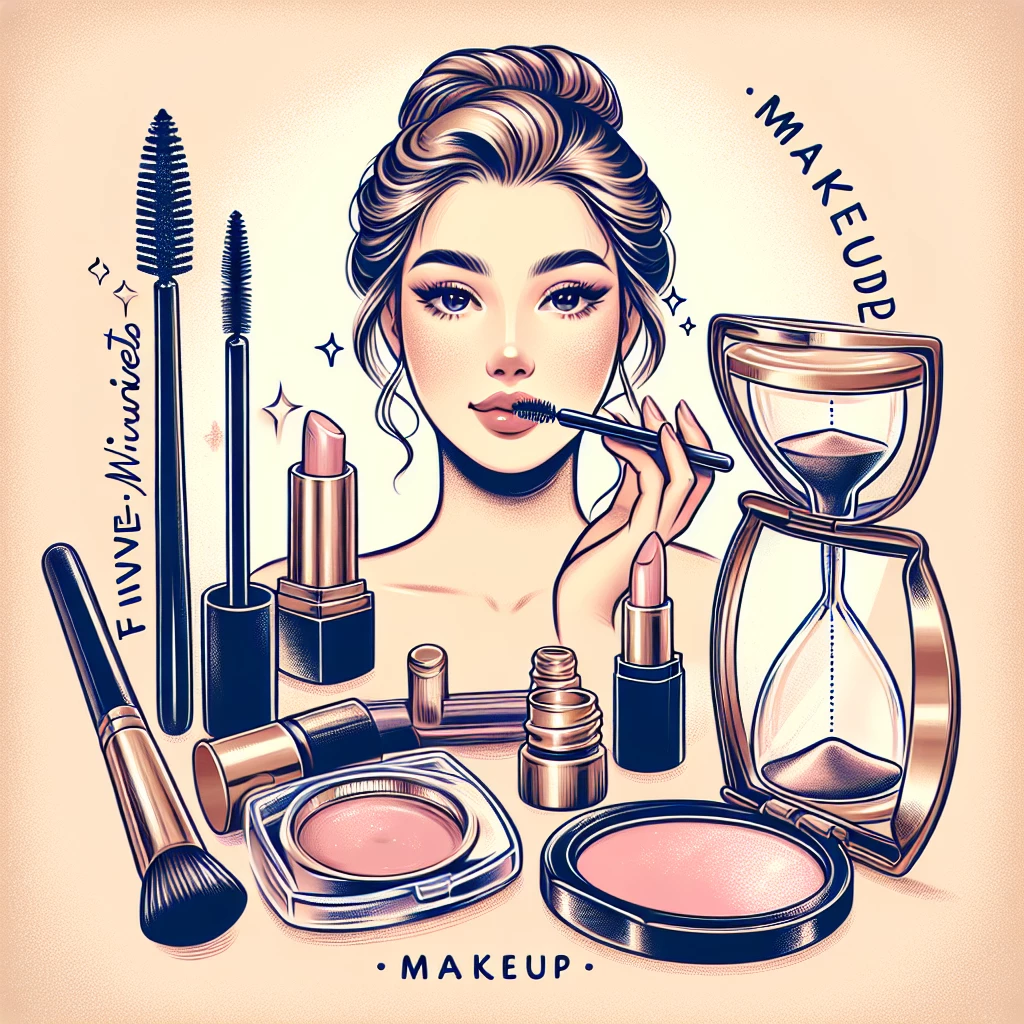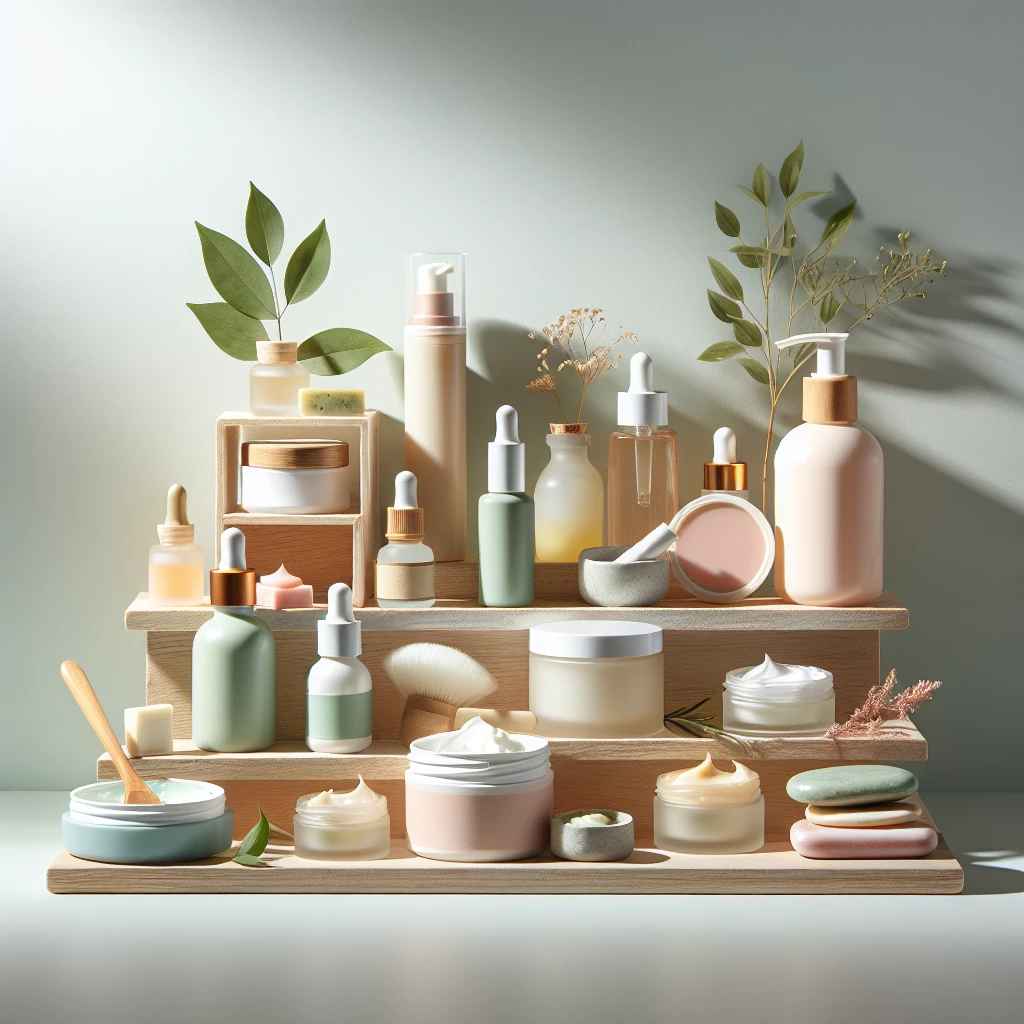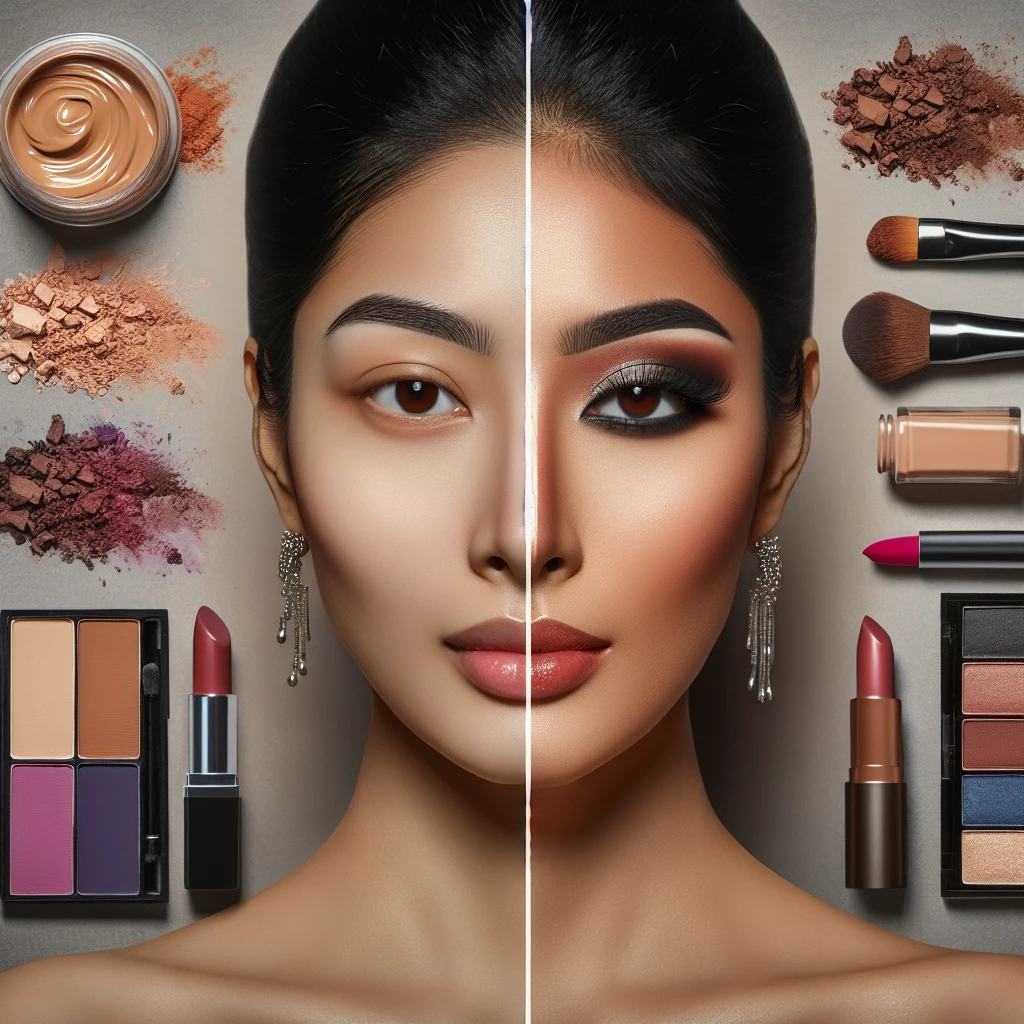From ancient societies to modern-day beauty regimes, scents have played an integral part in our beauty routines. Whether it be the fragranced oils used by the Greeks or the complex fragrances found in today's beauty products, scents appeal to our senses. They stimulate our olfactory system linking directly to the psychological part of our brain that governs emotion and memory. This sensory experience influences our behavior, mood, and even perception of oneself. In this article, we will delve into the role of scents in our beauty regime.
The Intriguing Science of Scents
Scents have an undeniable psychological impact on us. Smelling a certain fragrance can instantly lift our moods, evoke specific memories, or even change our perception of a person. This is because our sense of smell is directly linked to the amygdala and hippocampus, the areas of our brain that process emotions and memories.
That's why certain fragrances can remind us of past experiences or elicit specific emotional responses. And this connection is leveraged in our beauty regimes. A favorite perfume can become an essential part of our identity, making us feel more positive, confident, and attractive.
Moreover, the olfactory response is individualistic. This means a certain scent can have a different reaction in each person. That's why beauty brands develop a broad range of fragrances, catering to various olfactory preferences.
Scents in Skincare
Beyond enhancing our psychological wellbeing, scents play a crucial role in skincare products. These products are highly sensorial, and fragrances contribute significantly to this sensory experience. They can turn a mundane task of lawning your skin into an indulgent ritual.
Many beauty brands incorporate signature fragrances in their products to create a unique branding identity. Additionally, certain fragrances also offer therapeutic benefits. For instance, lavender is known for its calming effects, while citrus scents are refreshing and energizing.
However, it's critical to note that fragrances, particularly synthetic ones, can cause allergic reactions in some individuals. Therefore, consumers with sensitive skin should opt for fragrance-free products or products with natural fragrances.
The Power of Perfumes
Perfume is an essential tool in the personal beauty regime of many individuals. It not only enhances our natural scent but can also influence our mood, ignite memories, and even attract potential partners. The fragrance industry is built on the understanding of these psychological effects of scents.
Choosing a perfume can be a highly personal decision, as it becomes an extension of our personality. Moreover, the choice of perfume can depend on the occasion, the season, and even the time of day. For instance, a light, fresh scent may be preferable for a sunny afternoon, while a deep, musky scent might be favored for an intimate evening event.
Remember, a good perfume should compliment your natural aroma. It should not be too overpowering but should leave a subtle hint of fragrance even hours after application.
The Sensory Delight of Makeup
The use of scents is not just limited to perfumes and skincare products. Many makeup products like lipsticks, powders, and mascaras are also formulated with pleasant fragrances to enhance the product-using experience.
Fragrance adds a luxurious appeal to makeup products. An appealing scent can make the process of applying makeup more enjoyable, turning it into a delightful ritual rather than a chore.
However, similar to skincare products, one should be aware of potential allergies and irritations caused by fragrances in makeup products. Always patch test a new product, especially if you have sensitive skin.
To conclude, scents evoke an array of emotions and memories, playing a critical role in our beauty regimes. They enhance the user experience, making our daily routines indulgent and pleasurable. Yet, we should be conscious of potential allergens and select products that suit our skin, our senses, and our psyche.

Five-Minutes Makeup Hacks
In search of a quick and reliable makeup routine? Discover our top five-minute makeup tips.

Introduction to Organic Beauty Products
A deep dive into the pros and cons of incorporating organic beauty products into your daily makeup routine.

Transition Makeup from Day to Night
Discover effective tips for ensuring your makeup transitions smoothly from day to night.

Mastering the Monochromatic Look
Uncover the secrets to nailing the trendiest monochromatic makeup looks with our step by step guide.